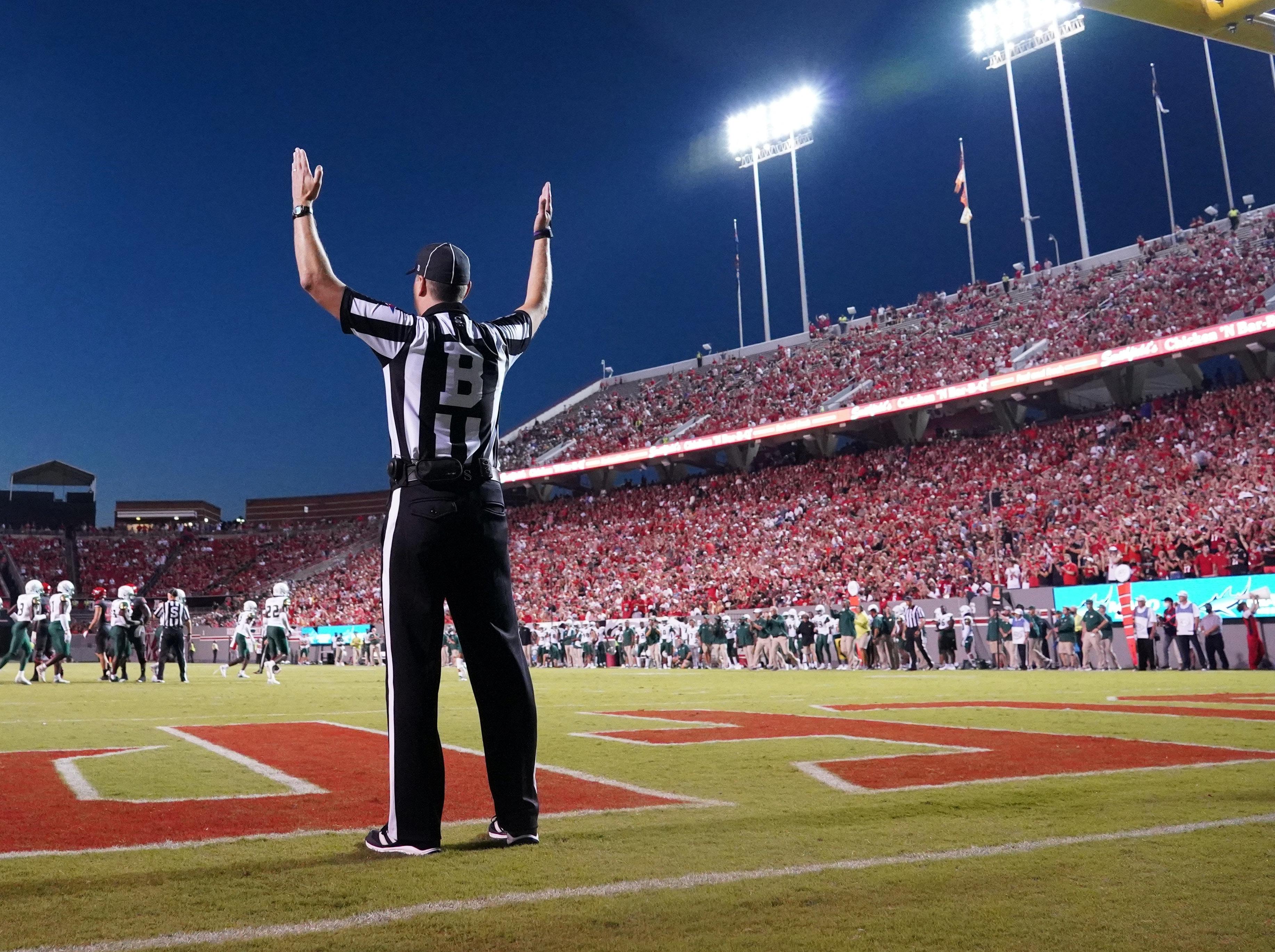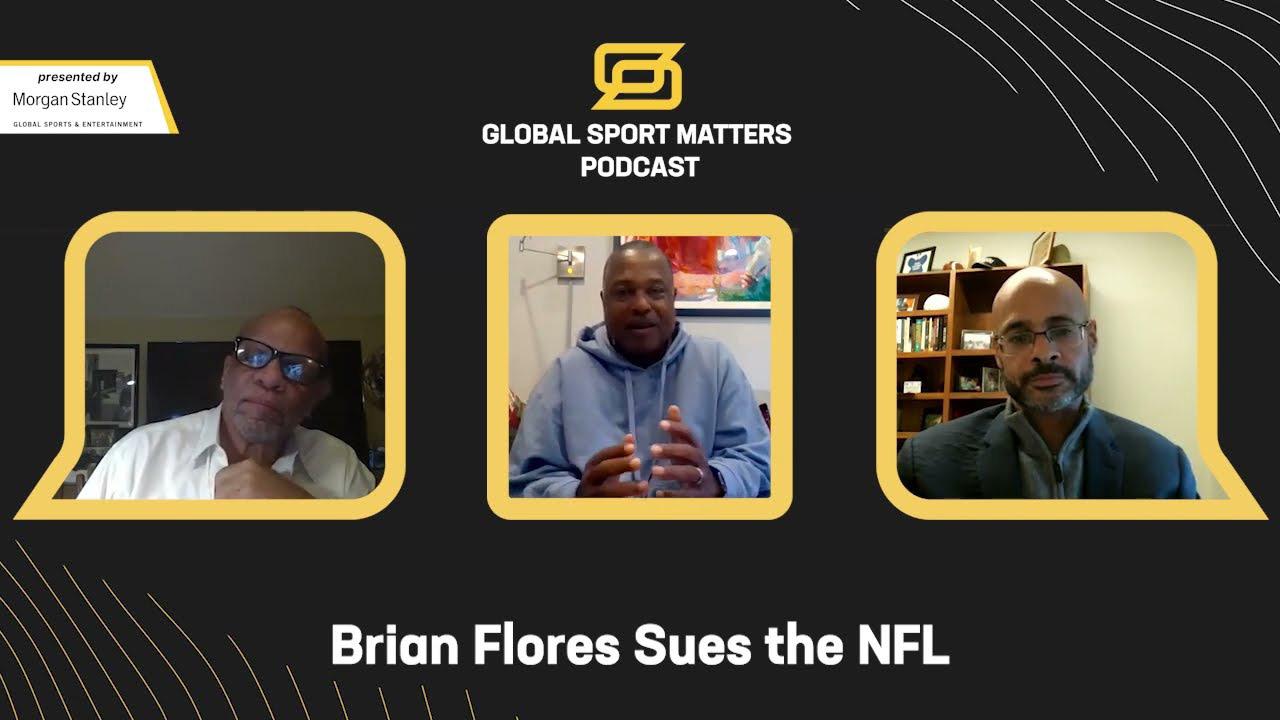
3 minute read
Gaining Ground
GAINING
Photo via Getty Images
Advertisement
As one of the biggest sports leagues on Earth, the National Football League’s hiring practices matter. They set a precedent not only in the United States, but also across the world. So when former Miami Dolphins head coach Brian Flores sued the league alleging racial discrimination, it sent unprecedented waves across sport.
The NFL, a league that was 58% Black as of 2021, has never achieved real equity among aspiring coaches and executives of Color, but Flores’ suit was a shot across the bow that the league had never seen. It was the type of move onlookers and activists alike had imagined could create change, building a legal case around the slim opportunities, shorter careers and backroom hiring that had long plagued leaders of color in football.
Increasing access to sport is fundamental to the mission of the Global Sport Institute, and much of the Institute’s work over its first five years has centered on understanding the data behind who gets hired into sports leadership. That put the Institute in a unique position to tell the story of Black men like Flores. Just weeks prior, the Institute had updated its yearslong NFL field study data to account for minor strides in diversity among league coaches. Journalist Shalise Manza Young wrote a corresponding article at Global Sport Matters, the digital magazine published by the Institute.
After Flores filed his suit, the Institute provided its NFL field study data to news publications like Bloomberg and the Miami Herald, while CEO Kenneth L. Shropshire and Director of Research Scott N. Brooks, PhD were interviewed by multiple national news outlets. Writers at outlets such as The Wall Street Journal cited the Institute’s data while covering the lawsuit.
In an essay at Global Sport Matters, CEO Kenneth Shropshire wrote “the requested remedies in Flores’ suit, while helpful, cannot bring about true equity. No court ruling or legislation can. Not by themselves. ”
Later, the NFL announced an investigation into Dolphins managing general partner Stephen Ross, whom Flores alleges offered him money to lose games, and multiple other coaches signed onto Flores’ suit with similar allegations. Meanwhile, diversity advocates and longtime NFL voices openly questioned the Rooney Rule, which was created as a form of affirmative action designed to give racial minority candidates more opportunities.
“There’s no reason to expect we’re going to have a different outcome next year without those kinds of changes and we’ve already begun engaging in those changes,” NFL Commissioner Roger Goodell told reporters at the Super Bowl.
The Institute convened multiple podcast conversations on the specifics of the class action suit as well as what it might mean for the future of the NFL and sport more broadly. As leading journalists and industry experts convened for a Global Sport Matters Live virtual panel earlier in the winter, former United Football League commissioner Michael Huyghue noted, “There should be some representative reflection of the workforce… the pipeline isn’t, I don’t think, full enough yet. ”
No matter what form the Rooney Rule takes or whether it exists at all going forward, the NFL’s approach to diversity will always be a force in the industry. The Institute is well positioned to detail the factors that contribute to the league’s diversity troubles and provide insight into how change can come in the future.

What Comes Next Between Brian Flores and the NFL
Watch the full video at bit.ly/GSMPodcastBrianFlores







